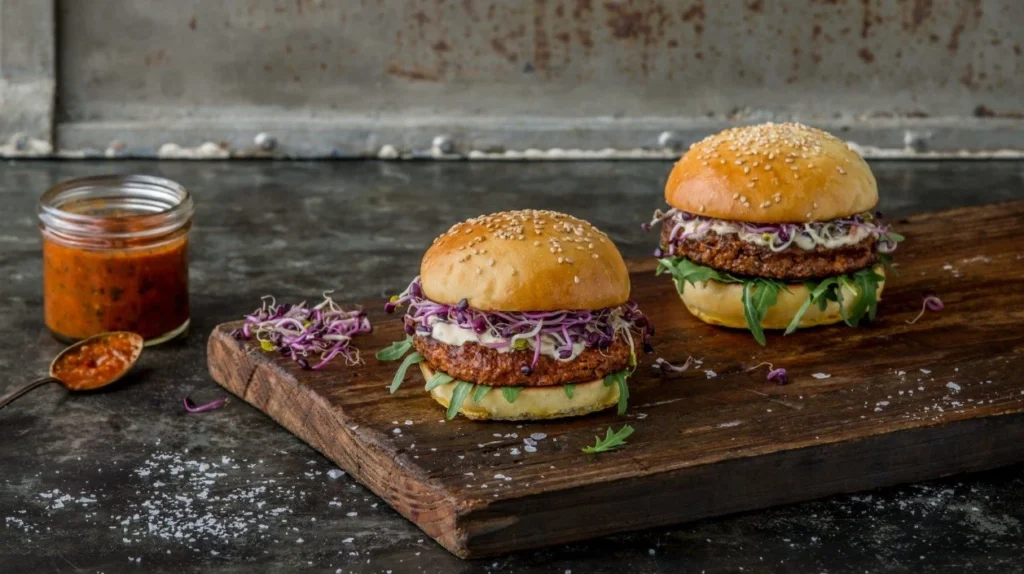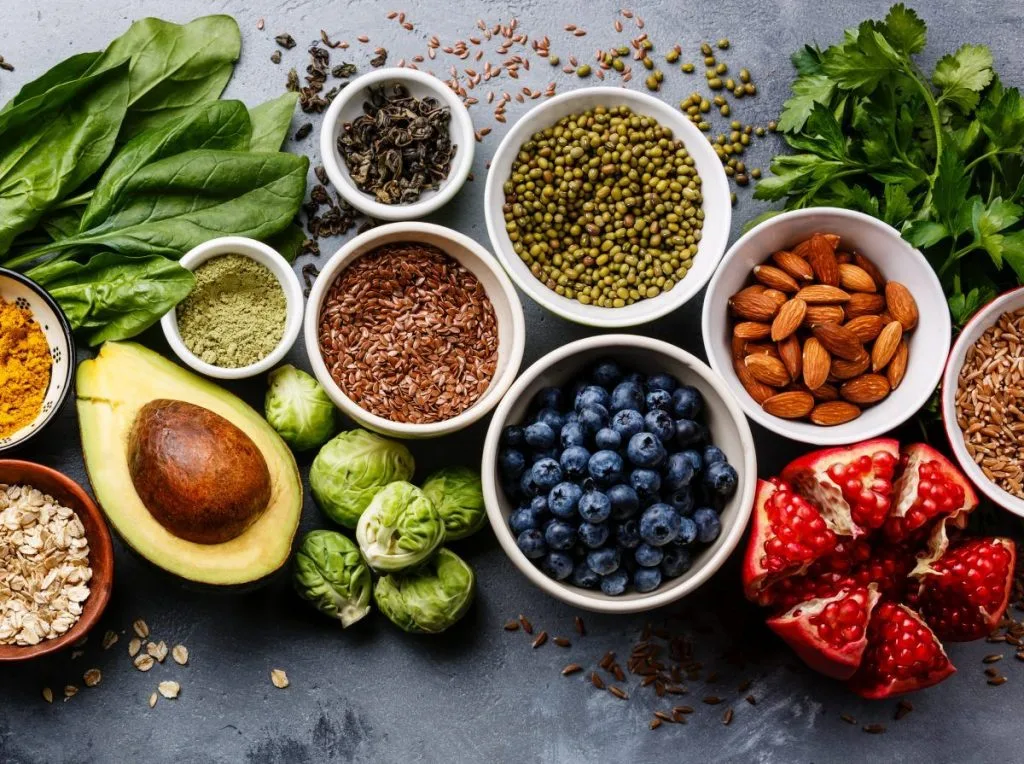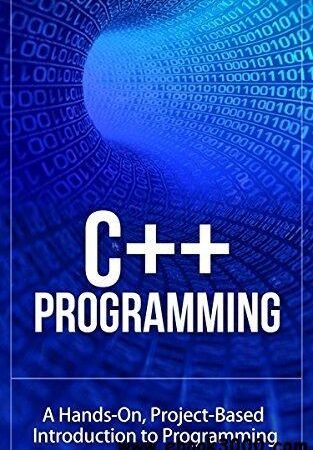The concept of future foods is quickly gaining traction in the current fast-paced world as sustainability takes center stage. Sourcing innovative ways to feed the world’s rapidly expanding population while lessening environmental impact becomes increasingly difficult; it is only expected that future foods will become a focal point. This essay will delve into this fascinating realm of future foods, outlining what they are, what they have in store, the obstacles they confront, and the place of technology in their genesis.
The importance of embracing innovation for a sustainable future
Considering the increasing global population and food demand, it is imperative to promote food innovations across all sectors for a sustainable future. Most conventional production and processing methods are resource-intensive and result in substantial environmental stress. However, examining and implementing distinct techniques like future foods could revolutionize this process, allowing a far superior food system.

What are future foods?
Future foods are various innovative and sustainable food production solutions that help overcome the limitations of conventional food production. Such foods are produced by new production technologies, alternative ingredients, and are aimed at reducing the impact on the environment and human health. Examples of future foods include plant-based analogs of meat and dairy, cellular agriculture alternatives, insects, and innovative ingredients from sustainable sources.
Examples of future foods
A substantial amount of future foods is already receiving significant attention in the food sector. Indeed, the plant-based meat substitute using the example of the Impossible Burger and Beyond Meat products is in significant demand. It is possible because they create an almost identical taste and texture of traditional meat while being more environmentally friendly. Cultured meat is grown in the laboratory from cells taken from animals. Lab-grown meat is also a promising product of the future with significant potential.
Benefits of incorporating future foods into our diet
There are several benefits to integrating future foods into our diet. To begin, these foods are usual more ecologically friendly. Plant-based replacements, for example, consume fewer water and land and generate less greenhouse gas emissions than present-day meals. Furthermore, plant-based alternatives may be enriched with various crucial nutrients and serve as a healthier, mainstream alternative for individuals considering lowering their meat consumption. Finally, innovative foods for the future benefit animal welfare because they decrease the need for conventional meat manufacturing techniques.
Challenges and limitations of future foods
While future foods hold great promise, they also face several challenges and limitations. One of the main challenges is consumer acceptance. Many people are resistant to change and may be hesitant to try alternative food products. Additionally, the cost of future foods can be higher than traditional options, making them less accessible to certain populations. Furthermore, there are regulatory hurdles that must be overcome to ensure the safety and labeling of these innovative food products.
The role of technology in the development of future foods
In conclusion, technology is critical to the future food development process. Everything from plant-based meat alternatives to lab-grown meat is made possible by breakthroughs and adaptions in biotechnology and food science. Genetic engineering is required to create new plant-based proteins that taste and feel like meat, as well as cellular agriculture , which helps us grow meat without the need for traditional animal farming. Furthermore, precision agriculture technologies are used to build new agricultural networks to produce alternative ingredients, reducing resource inputs while increasing efficiency.
Future food startups and companies leading the way
Numerous startups and companies are at the forefront of the future food movement. Beyond Meat and Impossible Foods are two notable examples that have achieved significant success with their plant-based meat alternatives. Memphis Meats, a company focused on producing lab-grown meat, is also making strides in this field. These companies are not only developing innovative food products but also raising awareness and changing consumer perceptions about the potential of future foods.
How to incorporate future foods into your everyday life
Incorporating future foods into your everyday life can be an exciting and rewarding experience. Start by exploring the wide variety of plant-based alternatives available in grocery stores and restaurants. Experiment with different recipes and cooking methods to discover new flavors and textures. Additionally, consider incorporating insect-based foods into your diet, as they are a highly sustainable source of protein. Finally, stay informed about the latest developments in the future food space and support companies and startups that align with your values.
Future foods and sustainability: A win-win solution
The concept of future foods is quickly gaining traction in the current fast-paced world as sustainability takes center stage. Sourcing innovative ways to feed the world’s rapidly expanding population while lessening environmental impact becomes increasingly difficult; it is only expected that future foods will become a focal point. This essay will delve into this fascinating realm of future foods, outlining what they are, what they have in store, the obstacles they confront, and the place of technology in their genesis.
The importance of embracing innovation for a sustainable future
Considering the increasing global population and food demand, it is imperative to promote food innovations across all sectors for a sustainable future. Most conventional production and processing methods are resource-intensive and result in substantial environmental stress. However, examining and implementing distinct techniques like future foods could revolutionize this process, allowing a far superior food system.
What are future foods?
Future foods are various innovative and sustainable food production solutions that help overcome the limitations of conventional food production. Such foods are produced by new production technologies, alternative ingredients, and are aimed at reducing the impact on the environment and human health. Examples of future foods include plant-based analogs of meat and dairy, cellular agriculture alternatives, insects, and innovative ingredients from sustainable sources.
Examples of future foods
A substantial amount of future foods is already receiving significant attention in the food sector. Indeed, the plant-based meat substitute using the example of the Impossible Burger and Beyond Meat products is in significant demand. It is possible because they create an almost identical taste and texture of traditional meat while being more environmentally friendly. Cultured meat is grown in the laboratory from cells taken from animals. Lab-grown meat is also a promising product of the future with significant potential.
Benefits of incorporating future foods into our diet
There are several benefits to integrating future foods into our diet. To begin, these foods are usual more ecologically friendly. Plant-based replacements, for example, consume fewer water and land and generate less greenhouse gas emissions than present-day meals. Furthermore, plant-based alternatives may be enriched with various crucial nutrients and serve as a healthier, mainstream alternative for individuals considering lowering their meat consumption. Finally, innovative foods for the future benefit animal welfare because they decrease the need for conventional meat manufacturing techniques.

Challenges and limitations of future foods
While future foods hold great promise, they also face several challenges and limitations. One of the main challenges is consumer acceptance. Many people are resistant to change and may be hesitant to try alternative food products. Additionally, the cost of future foods can be higher than traditional options, making them less accessible to certain populations. Furthermore, there are regulatory hurdles that must be overcome to ensure the safety and labeling of these innovative food products.
The role of technology in the development of future foods
In conclusion, technology is critical to the future food development process. Everything from plant-based meat alternatives to lab-grown meat is made possible by breakthroughs and adaptions in biotechnology and food science. Genetic engineering is required to create new plant-based proteins that taste and feel like meat, as well as cellular agriculture , which helps us grow meat without the need for traditional animal farming. Furthermore, precision agriculture technologies are used to build new agricultural networks to produce alternative ingredients, reducing resource inputs while increasing efficiency of pwvip4d.
Future food startups and companies leading the way
There are many startups and companies working on the future food movement. The most outstanding include Beyond Meat and Impossible Foods, which have become popular for the production of plant-based meat. Other companies, such as Memphis Meats, have made significant progress in creating lab-grown meat . Such companies are not only revolutionary in the area of future food products but also in changing people’s perceptions and understanding that the future holds potential.
How to incorporate future foods into your everyday life
Incorporating future foods into your everyday life can be an exciting and rewarding experience. Start by exploring the wide variety of plant-based alternatives available in grocery stores and restaurants. Experiment with different recipes and cooking methods to discover new flavors and textures. Additionally, consider incorporating insect-based foods into your diet, as they are a highly sustainable source of protein. Finally, stay informed about the latest developments in the future food space and support companies and startups that align with your values.
Future foods and sustainability: A win-win solution
As I talked above in points, future foods are the most economical solution for the planet and the health of the human body, and embracing more foods makes more room for a more prolific result, as the incorporation of future foods is feasible in addressing these sectors.
Nonetheless, future foods are solely one slice of the pie, and there are many ends of the spectrum we need to address. We should reduce food losses, promote regenerative farming, and endorse a subsistence agricultural industry to alter our meals so that we all achieve the welfares they deliver. The future of future foods is an inspiring vision. We can develop a vigorous and sustainable meal system for future generations by accepting creativity and discovering other meals. From plant-based foods to generation meat, these imaginative foodstuffs have the ability to evolve meals while sustaining the planet. Let’s greet the future of food and promote a healthier globe.
Also read: NEW DELHI: JANTUNG INDIA YANG BERDENYUT DENGAN KEHIDUPAN DAN BUDAYA





